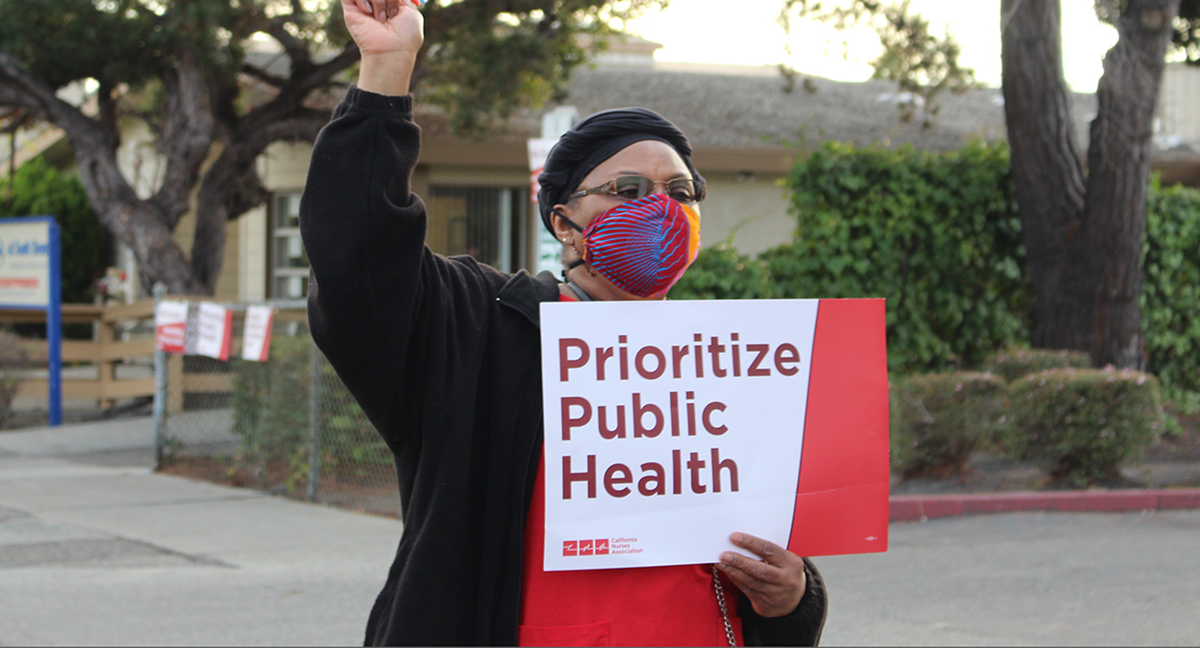Press Release
National Nurses United registered nurses disapprove of new CDC guidance saying students need only maintain three feet of physical distancing in classrooms

Saying that the advice does not recognize the vast body of scientific evidence showing Covid-19 is aerosol transmitted and will unnecessarily put millions of schoolchildren, their families, and school staff at greater risk of contracting the virus, National Nurses United (NNU) nurses today expressed disapproval that the Centers for Disease Control and Prevention (CDC) issued guidance this week decreasing from six to three feet the minimum distance masked students should keep from one another.
The CDC’s guidance was based on studies that failed to account for several critical factors, including no differentiation between facilities’ ventilation levels, self reporting of infection data or not testing all contacts of cases, and exclusion of schools that were closed due to need to quarantine or fully remote -- especially in denser, urban areas and areas with more Black, Indigenous, and people of color.
“This is another example of where social, political, and economic pressure to send kids back to school as soon as possible is, unfortunately, driving public health decisions instead of science and reality,” said Zenei Triunfo-Cortez, RN and a president of NNU.
In fact, with new infection cases failing to decline further and instead plateauing at a relatively high number of 55,000 per day and concerning new variants spreading and surfacing daily, NNU nurses say now is not the time to relax public health restrictions intended to slow and stop the spread of the virus.
Conversely, the available science overwhelmingly indicates that the Covid-19 virus is transmitted through the air in aerosolized particles emitted by infected people and that exposure can happen in less than the CDC’s definition of 15 minutes, suggesting that restrictions should be tighter, not looser.
“We should have more data before we put kids’ and their families’ lives at risk,” said Jean Ross, RN and a president of NNU. “We understand the need for school, but also must think long term: If you don’t protect your health, you won’t be able to learn, won’t be able to continue with your education, won’t be able to graduate and become a healthy, productive adult. And that also applies to all the staff and family members these kids come into contact with daily.”